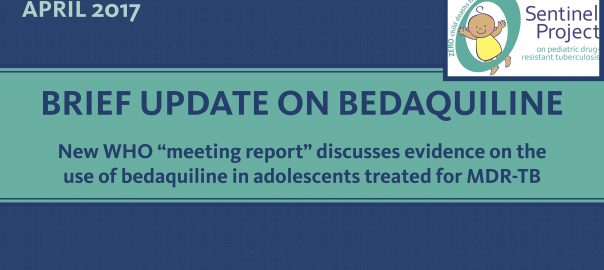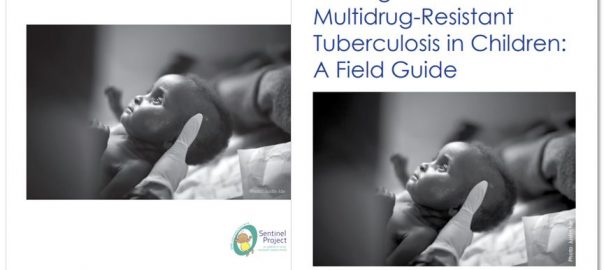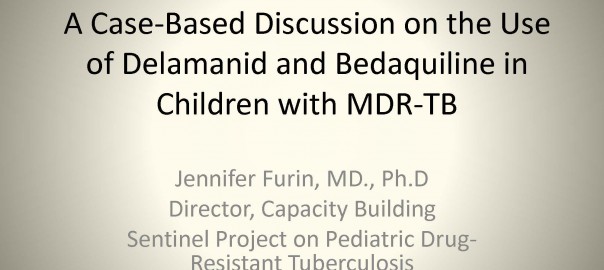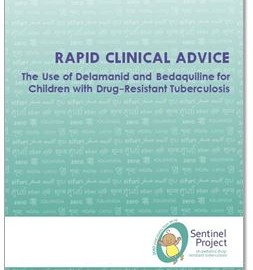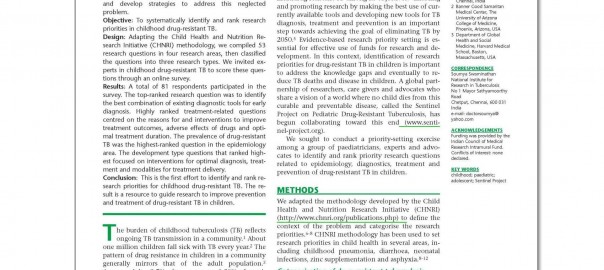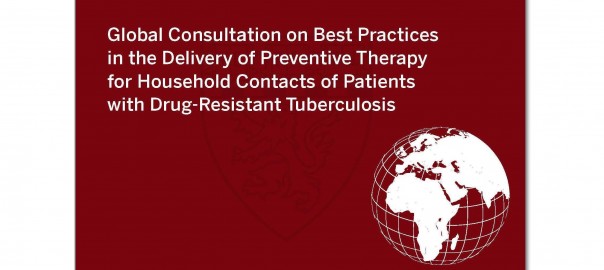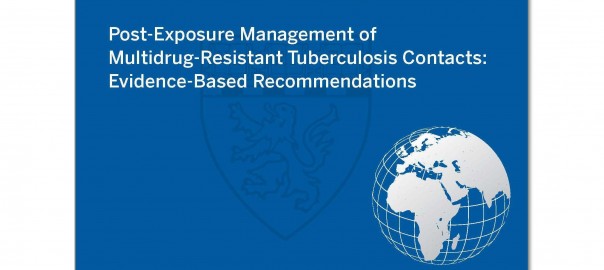From December 2nd through 6th, 2015, TB researchers, practitioners, caregivers and advocates from around the world will be convening in Cape Town, South Africa for the 46th annual Union World Conference on Lung Health. Throughout the conference, experts in pediatric drug-resistant TB – including several Sentinel Project members and partners – will be hosting symposia, poster discussion sessions, oral abstract sessions, post-graduate courses and “Meet the Expert” sessions to discuss new developments in pediatric DR-TB.
We are excited to announce a symposium on Friday, December 4th entitled, “Research is needed to increase children’s access to drug-resistant TB care,” where several Sentinel Project members and colleagues will advocate for improvements in pediatric DR-TB research. For more information on this event, read our blog post here.
In addition to this symposium, Sentinel Project network members are conducting a post graduate course entitled “Best practices in the management of the second-line injectable drugs in children with multidrug-resistant TB,” scheduled from 09:00-16:00 on in Room MR 1.41 on Wednesday, December 2, 2015 during the conference. Click here to access the agenda for this event and see here for more information on pediatric DR-TB events.
We look forward to many productive discussions in Cape Town this December and hope to see many of you there!
For more information about the 46th annual Union World Conference on Lung Health, please visit their website: http://capetown.worldlunghealth.org/.
